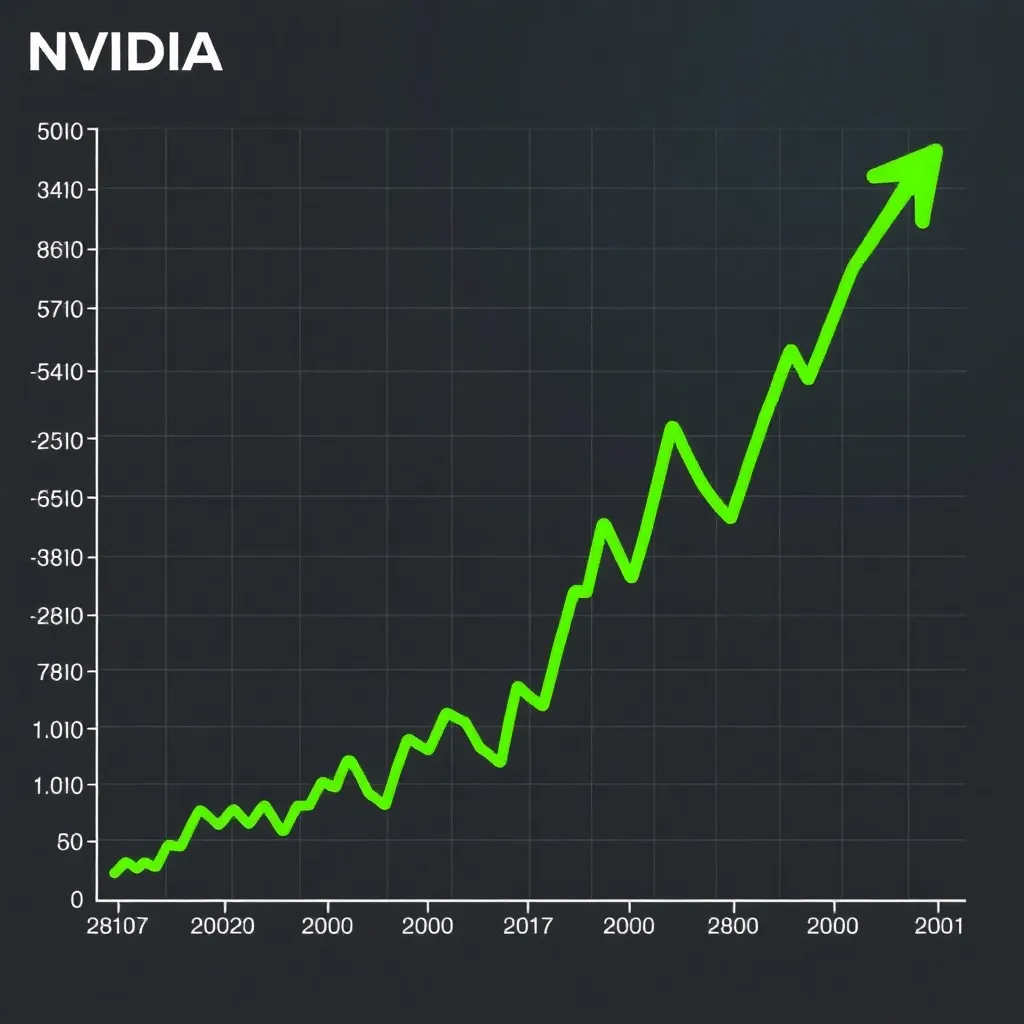
In a shocking turn of events, Nvidia, the tech giant renowned for its graphics processing units (GPUs) and artificial intelligence (AI) computing hardware, experienced the largest one-day market capitalization loss in U.S. history. On a fateful Monday, Nvidia’s shares took a drastic 17% dive, culminating in a staggering market cap loss of nearly $600 billion. This unprecedented drop has sent shockwaves throughout the financial and tech sectors, leaving investors and analysts scrambling to comprehend the implications.
Factors Contributing to Nvidia’s Decline
Several factors are believed to have contributed to Nvidia’s monumental loss. One primary reason is the company’s recent struggles in the gaming sector, a market that has traditionally been a stronghold for Nvidia. The decline in gaming revenue, coupled with increased competition from rival companies, has put significant pressure on Nvidia’s financials.
Another critical factor is the current global economic uncertainty, which has led to a decrease in demand for Nvidia’s products. The ongoing trade tensions and supply chain disruptions have further exacerbated the situation, making it challenging for Nvidia to maintain its usual growth trajectory.
Impact on the Tech Industry
Nvidia’s historic loss has far-reaching implications for the tech industry as a whole. The company’s dominance in the AI and GPU markets means that its decline will likely have a ripple effect on related businesses. Companies that rely on Nvidia’s technology, such as gaming console manufacturers and AI startups, may also experience financial strain.
Moreover, Nvidia’s loss may signal a broader downturn in the tech sector, which has been experiencing unprecedented growth in recent years. As investors become increasingly cautious, other tech giants may also face similar challenges, potentially leading to a market-wide correction.
What’s Next for Nvidia?
While Nvidia’s record-breaking loss is undoubtedly a significant setback, the company is not without its strengths. Its pioneering work in AI and GPU technology has established a solid foundation for future growth. To recover from this loss, Nvidia will need to refocus its efforts on diversifying its revenue streams and addressing the challenges in the gaming sector.
Investors will be closely watching Nvidia’s next moves, particularly its upcoming earnings reports, to gauge the company’s progress in addressing these issues. While the road ahead will undoubtedly be challenging, Nvidia’s resilience and innovative spirit may yet propel it back to its former glory.
In conclusion, Nvidia’s monumental one-day loss serves as a stark reminder of the volatility of the tech sector. As the company navigates these uncharted waters, it will be crucial for investors, analysts, and industry experts to closely monitor the situation, seeking to understand the broader implications of this historic event.






